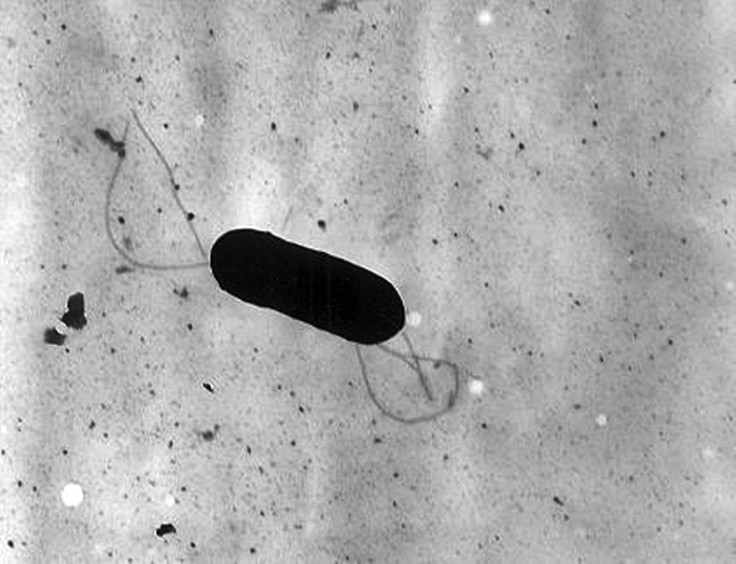Listeria Outbreak Affects 10 States; Source Remains A Mystery
KEY POINTS
- Illnesses have been logged in various states including New York and California
- Data suggests the patients fell ill from eating the same food
- The investigation into the outbreak is still underway
Health authorities are investigating a listeria outbreak that has affected 10 states. The exact food that caused it remains unknown.
Eleven illnesses have been logged as of the U.S. Centers for Disease Control and Prevention's (CDC) Feb. 15 announcement about the outbreak. No deaths have been reported, but 10 of the patients have had to be hospitalized.
The outbreak has affected 10 states as of the announcement. Arkansas, California, Colorado, Missouri, New York, North Carolina, Pennsylvania, South Dakota and Washington all recorded a case each, while Michigan logged two cases.
The illnesses began in 2018, with the chart of when people got sick showing two cases during the year. There was one illness in 2020 and three in 2022. There have been five illnesses so far in 2023.
However, it's "likely" that the number of people who have gotten sick and the number of affected states are actually higher than reported.
"CDC is concerned that several recent illnesses have been reported," the agency noted. "Listeria illness is rare, but it can result in serious illness or death."
Whole genome sequencing of the bacteria from the patients' samples revealed that they were genetically closely related. This, according to the CDC, suggests that the patients "got sick from the same food." However, the exact food behind the outbreak has yet to be identified.
So far, the investigation is still active, and authorities are working to find out the kinds of food that people ate before they got sick.
"Investigators are collecting as much information as they can to solve this outbreak," the CDC noted.
For now, the agency is advising those at higher risk for listeria to contact their health care provider if they experience symptoms of the infection. These include people who are 65 and older, those with weakened immune systems and pregnant individuals.
LISTERIA OUTBREAK: CDC is investigating a Listeria outbreak with several recent illnesses. The source of the outbreak has not yet been identified. Investigators are collecting as much information as possible to solve this outbreak.https://t.co/40LepF4318 pic.twitter.com/OPjVQotBw9
— CDC (@CDCgov) February 16, 2023
Those who get infected with listeria are advised to help identify the source by providing information about the food they consumed in the month prior to getting sick.
People are also advised to be aware of the food items that are typically linked to Listeria such as soft cheeses, melons, cold cuts and raw sprouts. They should also take note of some of the simple ways to prevent getting an infection.
For instance, cut melons should either be eaten right away or refrigerated at 41 degrees Fahrenheit or colder. If the cut melons had been left at room temperature for over four hours, they should be thrown away.

© Copyright IBTimes 2024. All rights reserved.






















